How to Spot a Narcissist and Protect Your Mental Well-being: Stories of Survival and Strength.
The Hidden Epidemic We Need to Talk About
They say the most dangerous predators are the ones who wear the most convincing masks. In the bustling streets of Mumbai, among the glittering corporate towers of Bangalore, or in the quiet neighborhoods of Delhi, these emotional predators walk among us, often celebrated, sometimes feared, but rarely understood. This is a story about narcissists, their victims, and most importantly, about hope and survival.

Priya’s Story: Breaking Free from the Golden Cage
“I was the perfect Indian daughter-in-law,” begins Priya, now a successful therapist in Pune. “I gave up my career in software engineering, moved in with my in-laws, and tried to become invisible while staying perfect. My mother-in-law was what many would call a ‘textbook narcissist,’ but in our culture, we often mistake such behavior for ‘traditional values’ or ‘strict parenting.'”
Priya’s story resonates with thousands of women across India. Her mother-in-law would criticize everything from her cooking to her breathing, publicly praise her to relatives while privately tormenting her, and use cultural expectations as weapons of control. The turning point came when she began documenting the abuse:
“One day, I started keeping a diary. Not just of what she did, but how it made me feel. That’s when I realized I wasn’t going crazy. The gaslighting, the subtle put-downs, the constant comparison with ‘other daughters-in-law’ – it was all there in black and white.”
Today, Priya runs support groups for survivors of narcissistic abuse, helping others recognize and escape similar situations.
The Tech Titan’s Shadow: Rahul’s Corporate Nightmare
In the gleaming offices of a Bangalore tech startup, Rahul thought he’d found his dream job. His CEO, Amit, was everything a modern Indian entrepreneur should be – charismatic, visionary, and seemingly supportive. But three months in, the mask began to crack.
“He would call at 3 AM with ‘urgent’ requests, then ignore the work for days. In team meetings, he’d take credit for everyone’s ideas but publicly humiliate anyone who made the smallest mistake. The worst part? Everyone thought he was brilliant. ‘That’s just how geniuses are,’ they’d say.”
Rahul’s story highlights a crucial truth: narcissists often rise to positions of power because their traits are mistaken for leadership qualities. His journey to recovery involved learning to:
- Document everything in writing
- Build a network of trusted colleagues
- Set firm boundaries without confrontation
- Protect his mental health while planning his exit
The Social Media Guru: A Modern Cautionary Tale
Meet Anjali, a popular lifestyle influencer from Delhi with over a million followers. Her perfectly curated Instagram feed showed a life of luxury, spirituality, and #blessed moments. Behind the scenes, she was systematically destroying her young assistant’s self-esteem.
“She would make me take 500 photos of her morning meditation routine, then scream at me if her engagement rates dropped,” shares Maya, her former assistant. “She preached about kindness and authenticity online while threatening to destroy my career if I didn’t work 18-hour days.”
The rise of social media has given narcissists new platforms for validation and control. Maya’s experience teaches us to:
- Look beyond the carefully crafted online persona
- Trust actions over words
- Recognize love bombing in professional relationships
- Value mental peace over social media success
The Holy Man’s Dark Side: Spirituality as a Weapon
In a quiet ashram outside Rishikesh, Swami Prakash had built a devoted following. His teachings about ego dissolution and spiritual surrender attracted seekers from around the world. But for inner circle members like Deepak, the spiritual facade hid a dangerous narcissist.
“He would say that questioning him was questioning God himself. Any doubts were dismissed as ‘ego resistance.’ He had different rules for himself – from money to morality. The ultimate spiritual gaslighting was when he claimed our suffering was due to our lack of devotion.”
This story reveals how spiritual narcissists exploit:
- Universal human desires for meaning
- Cultural respect for spiritual authorities
- Confusion between surrender and submission
- Fear of divine punishment
Breaking the Cultural Silence
In many Indian families, the topic of mental health – especially regarding family members – remains taboo. Dr. Meenakshi Sinha, a pioneering psychiatrist in Chennai, shares:
“We have clients who’ve suffered decades of narcissistic abuse because our culture often normalizes controlling behavior, especially from elders or authority figures. The first step to healing is recognizing that respecting elders doesn’t mean accepting abuse.”
Real Protection Strategies That Work in the Indian Context
The Grey Rock with Cultural Awareness
Traditional grey rock methods needed adaptation for Indian family dynamics. Instead of complete emotional withdrawal, which can be seen as disrespectful, practitioners recommend:
“Selective engagement with clear boundaries. Be present but not available for abuse. Participate in family functions but maintain emotional distance. It’s like being the Ganga – flowing steadily, neither fighting nor stopping.”
Building Support Systems
- Create a “chai circle” of trusted friends who understand
- Connect with online support groups specific to Indian experiences
- Find therapists who understand cultural nuances
- Document experiences in a safe, private space
Professional Protection
- Maintain a professional email trail
- Build relationships with mentors outside your immediate team
- Learn about workplace harassment laws in India
- Create an emergency fund for independence
The Power of Community Healing
In Mumbai, a group of survivors meets monthly in a safe space they call “Phoenix Circle.” Here, stories of pain transform into stories of power. As one member shares:
“In our culture, we’re taught to keep family matters private. But sharing our stories helps others recognize the signs earlier. Every time one of us speaks up, we give others permission to acknowledge their pain and seek help.”
Moving Forward: Hope and Healing
The journey of healing from narcissistic abuse is not linear, especially within the complex web of Indian family and social obligations. But as more people share their stories, the path becomes clearer for others.
Priya, now happily remarried and helping others heal, offers this wisdom:
“In our mythology, the demon Ravana had ten heads. Modern narcissists wear many masks too. But like Sita, we all have inner strength. Like Draupadi, we deserve justice. And like so many survivors, we can rise stronger and help others find their way to freedom.”
A Final Note of Hope
Remember: Recognizing narcissistic abuse doesn’t make you a bad person, child, spouse, or employee. Setting boundaries isn’t disrespectful. Protecting your mental health isn’t selfish. In the words of Maya’s grandmother, who helped her escape her toxic workplace:
“Beta, even the mighty banyan tree has boundaries. Its roots know when to stop growing. Its branches know when to seek new ground. You too must know when to stand firm and when to find new soil to grow.”
Your journey to healing might be challenging, but you’re not alone. In every city and village across India, survivors are finding their voice, reclaiming their power, and creating communities of support. Your story of survival could be the light that helps someone else find their way home.
If you’re struggling with narcissistic abuse:
Here are some national mental health helpline numbers in India:
Tele-MANAS: The toll-free number for the National Tele-Mental Health Programme is 14416 or 1-800-891-4416. This helpline offers a variety of mental health services and supports multiple languages.
- KIRAN: The toll-free number for the Mental Health Rehabilitation Helpline is 1800-599-0019. The 24×7 Toll-Free Mental Health Rehabilitation Helpline KIRAN (1800-599-0019) was launched by DEPwD, Ministry of Social Justice and Empowerment in 13 languages to provide relief and support to persons with Mental Illness and in view of the growing incidence of mental illness
- National Narcotics Helpline: The toll-free number for this helpline is 1933 and is available 24/7.
- National Institute of Mental HealthThe helpline number for the National Institute of Mental Health is 301-443-4536.
- Crisis Text LineThe Crisis Text Line number is 741741.
- Psycho-social, First-aid & counselling helpline: The number for this helpline is 8448-8448-45.
Vandrevala Foundation crisis intervention helpline: The number is 91 9999 666 555.- National Institute of Mental Health and Neurosciences (NIMHANS) Helpline: The number for this helpline is 080-46110007.
Mental health hotlines can be a good starting point for getting help for mental illness. They can connect callers with treatment providers and offer support to people with mental illness or their loved ones.
- Remember: Your mental peace is not negotiable. Your healing journey matters. Your story deserves to be heard.
Keywords: narcissistic abuse India, cultural gaslighting, family dynamics, workplace narcissism, spiritual abuse, mental health awareness, healing journey, survivor stories, Indian family structures, setting boundaries, cultural context, emotional abuse, narcissistic personality disorder, mental well-being, trauma recovery







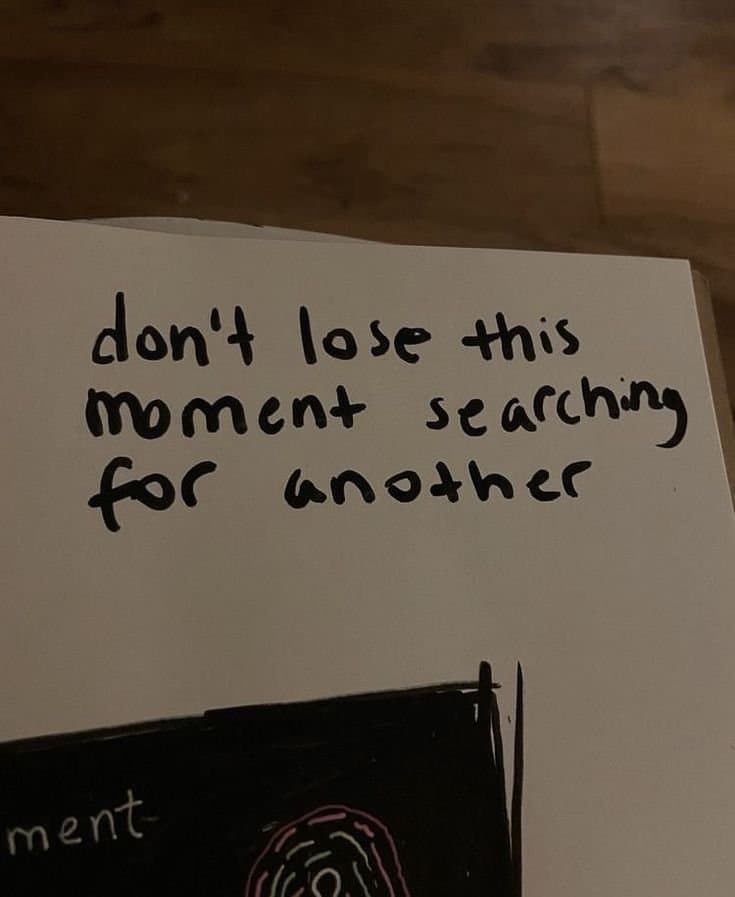

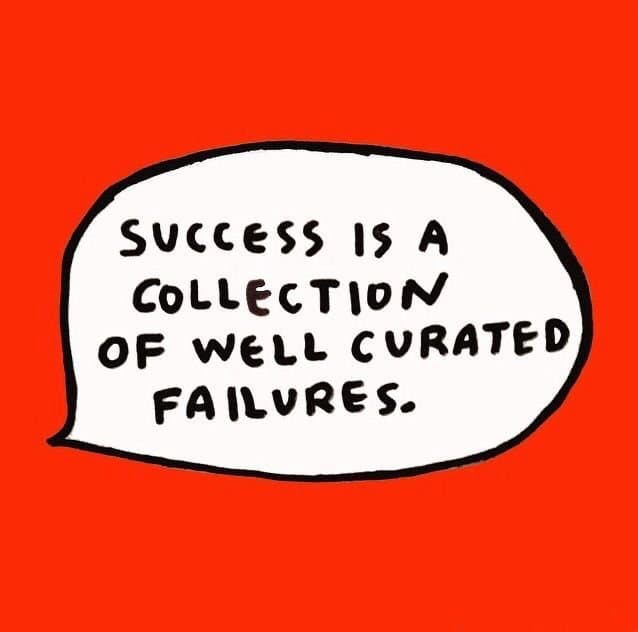

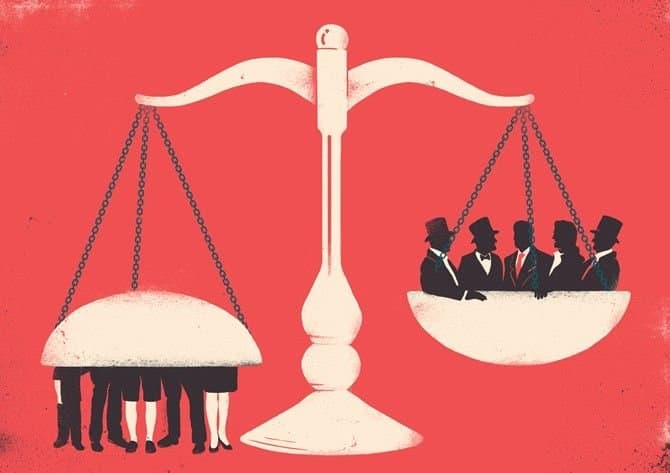


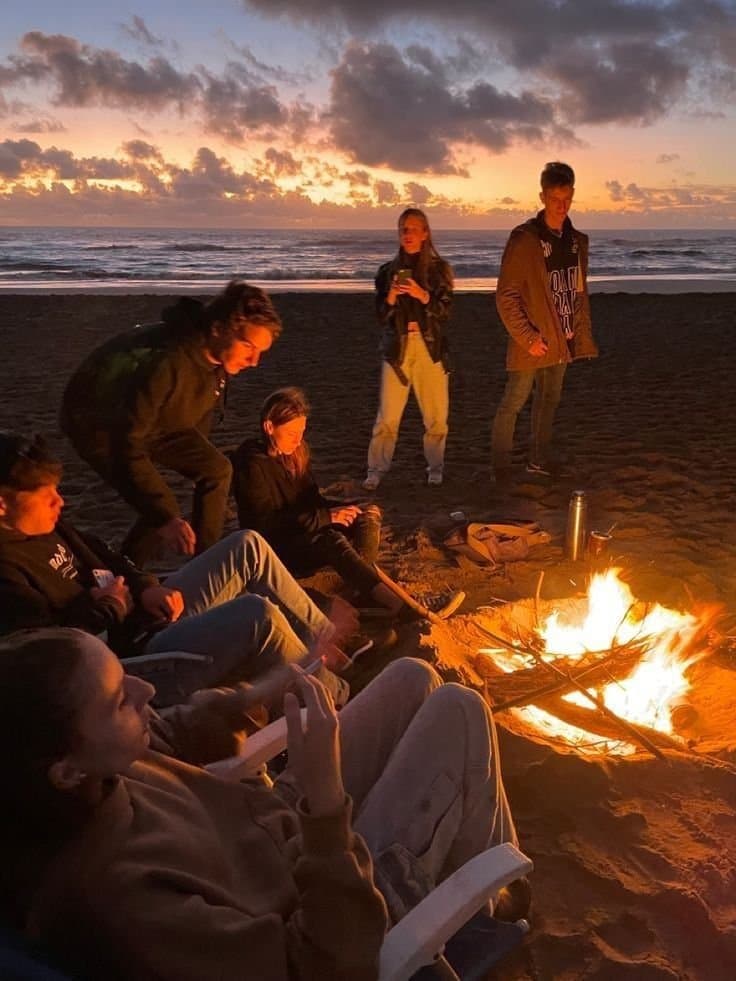




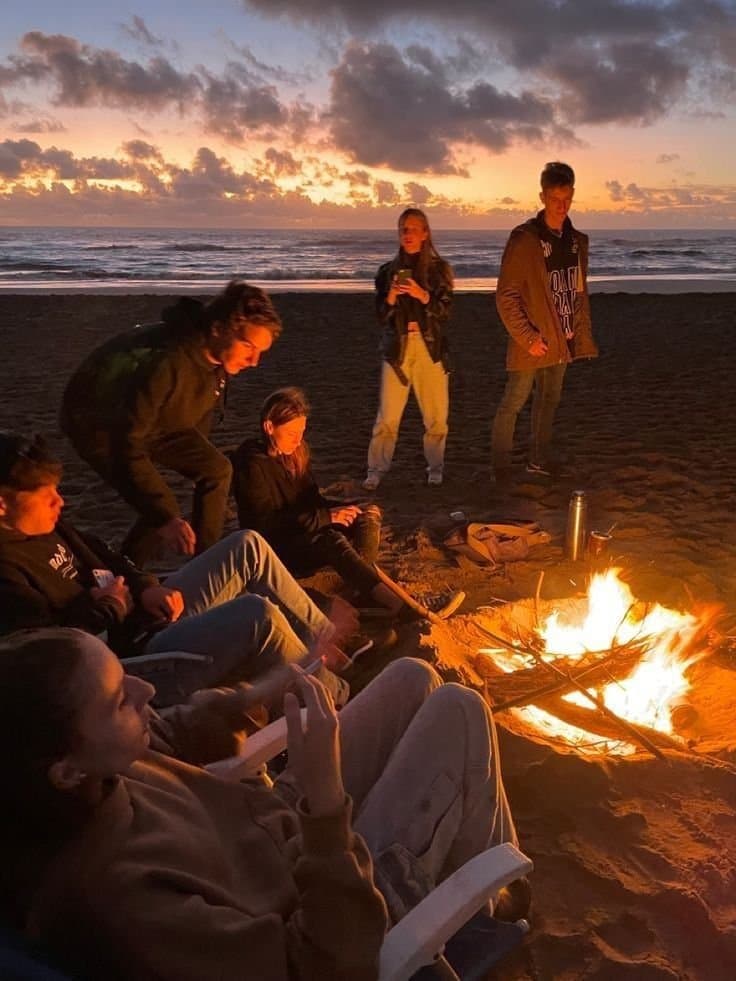



Responses (0 )